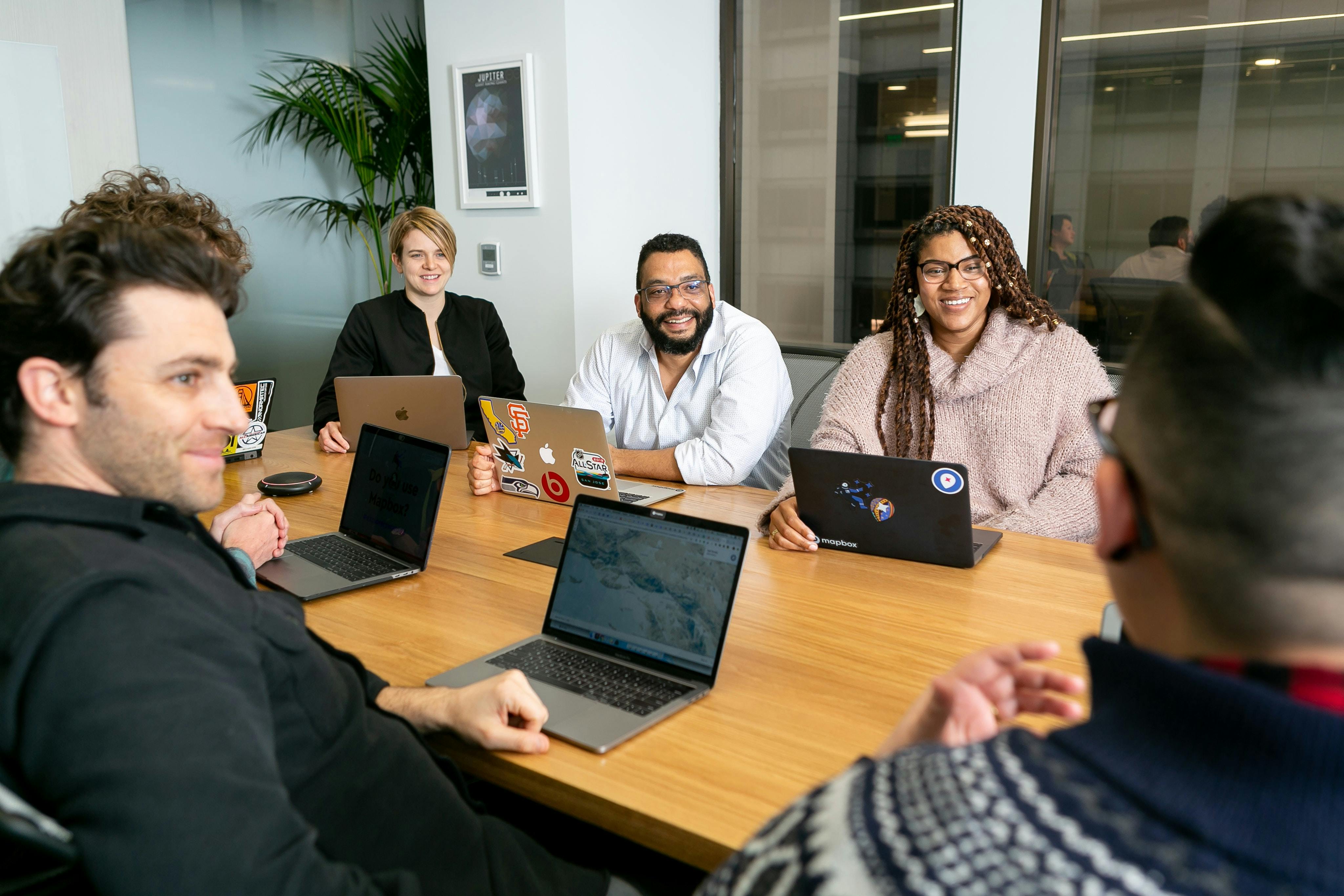
Nurole Guide: How and why to improve board diversity
We convened an expert panel to discuss diversity in the boardroom...
The debate around board diversity cannot be ignored, but it can be hard to cut through the noise. As part of our Future Global Leaders Programme, we put together an expert panel to discuss why diversity matters and how, in practical terms, boards should be thinking about finding and hiring the right new people.
The panel included Sir John Parker, author of the Parker Reviews into Board Diversity, Deanna Oppenheimer, Chair of Hargreaves Lansdown PLC, and Dr Doyin Atewologun, a psychologist and bias and inclusion expert. It was chaired by Nick Ross.
How board diversity drives performance: Deanna Oppenheimer
Why diversity matters
The panel was unanimous about the real, measurable and broad benefits that diversity brings to a board. For Deanna, you just have to look at performance data to see what diversity can do. “ If you have a diverse group sitting around the board table – and even better if you have it in the executive suite – your stats are about a third better. You get a third better financial performance, better risk management, you get better innovation.”
Sir John agreed, and put this down to the different perspectives that diverse people bring. “I can say without hesitation that diversity has enriched the debate within the boardrooms I have chaired,” he said. “People approach problem solving in different ways and they come at it from a different angle, which turns up an unusual conclusion that others don't think about. It's a bit about intellectual capacity but it's also about experience in life and their ability to put their finger on things that are important.”
And Doyin pointed out that diversity doesn't just help people from under-represented groups. “Research suggests it is beneficial to the majority group as well...in terms of our different ways of thinking and the richness of our decision-making as individuals.”
Widen the talent pool
“I think it is absolutely crucial that we use all the talent in society,” Sir John said. “Companies need to align with the customer base and we need to recognise that changing demographic patterns, both at home and overseas, will change the talent pool that we fish in in the future.”
Deanna agreed, and praised the work of the Parker Review and others. “It's really started to open up the pool that we fish in, and that is crucial,” she said. “Now more than ever we need real diversity, and we’ve got it. There are so many really bright, really accomplished people in all sizes, shapes, colours, ages. That's the big opportunity now.”
How diversity enriches boards: Sir John Parker
It’s not quality or diversity
The panel agreed there was no contradiction between building the best possible board and building a diverse board. Tokenistic hires don’t work, Deanna pointed out, and Doyin explained that they aren’t necessary.
“We sometimes find a false equivalence between merit and talent, and diversity,” she said. “We can do both. I wonder sometimes whether when we position these debates as an “either/or”, we are locking ourselves into a narrow space that doesn't necessarily reflect the talent that Deanna talked about being out there.”
Diversity in uncertain times
The upheaval unleashed by the COVID-19 pandemic has increased the need for new ways of thinking, Deanna explained. “We are in a major fundamental change, and in times of change you need diversity of thought, of perspective and of experience.”
Equity vs equality: Dr Doyin Atewologun
In these moments, groupthink is particularly unhelpful. “That's why now is the perfect time to be looking for that first new board member. A board is a team sport and you need to have different people who can step up and play different roles in different challenges. We can all be in our comfort zone in times that are predictable – this is anything but predictable.”
Doyin agreed and thinks boards should take advantage of the new opportunities to innovate. “I would endorse and encourage us to challenge assumptions like ‘We absolutely need someone who has done this.’ Do we really? What's the evidence for that? What happens if we try someone different? Now is a great time to try things differently.”
Targets can be helpful
The role of targets and quotas has been much discussed when it comes to diversity but Sir John is clear about their value. “I think targets serve a real purpose, especially voluntary targets,” he said. “It just takes time sometimes to build momentum to get there.”
Deanna agreed, but stressed that targets aren’t enough on their own. “Targets are a catalyst – they are the match that starts the fire. But if you don't have the commitment of the fuel behind it, then that's a problem.”
Diversity targets and new thinking: Sir John Parker
The old headhunting ways aren't working
As a psychologist, Doyin spoke knowledgeably about assumptions and how they interfere with our ability to assess people effectively. This extends, she says, to traditional headhunters, whose mindsets restrict their searches without them even realising it.
“Research suggests that search consultants go around in their heads with images of what they think the board is looking for, and so in their minds this is what they are going to selectively put on this shortlist... It's in all of our benefits to open this up.”
Avoiding bias in board hiring: Dr Doyin Atewologun
Be prepared to put the work in
Both Deanna and Doyin explained that embracing diversity is not always easy, and that boards who want to do so need to be prepared to properly commit to it. For Doyin, this starts with the Chair. “There is something about the leader in any group dynamic saying, ‘I am going to do the work to harness or leverage these different perspectives, talents and experiences.’ That takes work and sometimes we shy away from it.”
Deanna agreed and stressed the need for long-term engagement with this issue. “Diversity is not a flavour of the day. This is a commitment to the fact you will make better decisions, build better companies and have better boards. And I think that is crucial – you have to have a new level of commitment.
“It's harder work to manage a group around a board table that are diverse, that didn't come from your network, that have different needs, thought patterns and everything else. It's a lot more work, but it's a lot more rewarding. To the people out there step up. We need you.”
The importance of board mentors: Deanna Oppenheimer
Nurole is the global platform changing the way organisations bring the best people on to their boards. Find out how it works for talented people looking for the best board level positions, and for organisations looking to hire the best board level talent.






